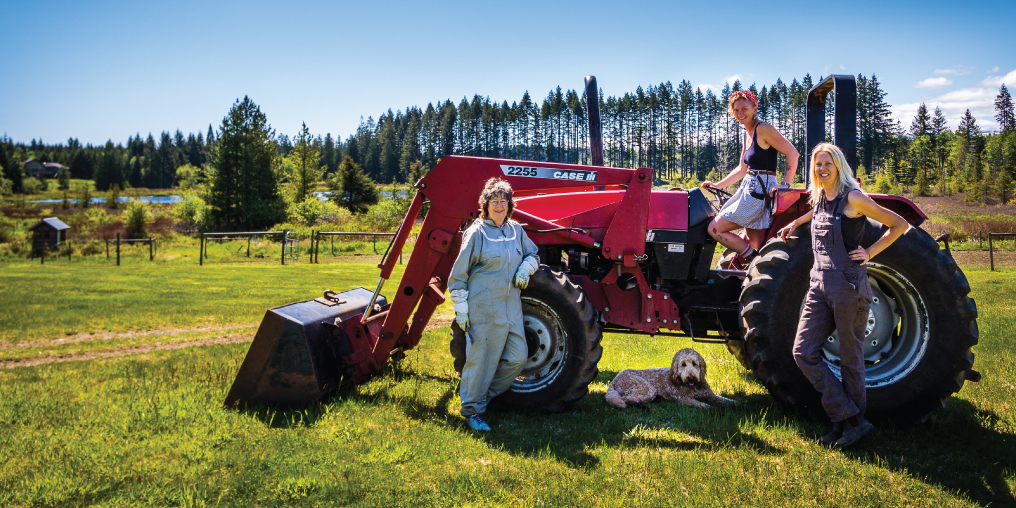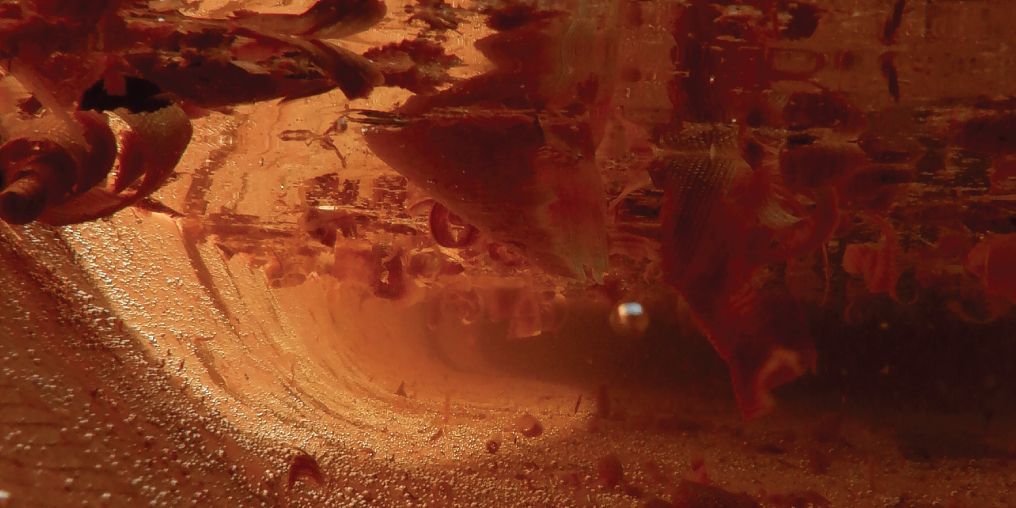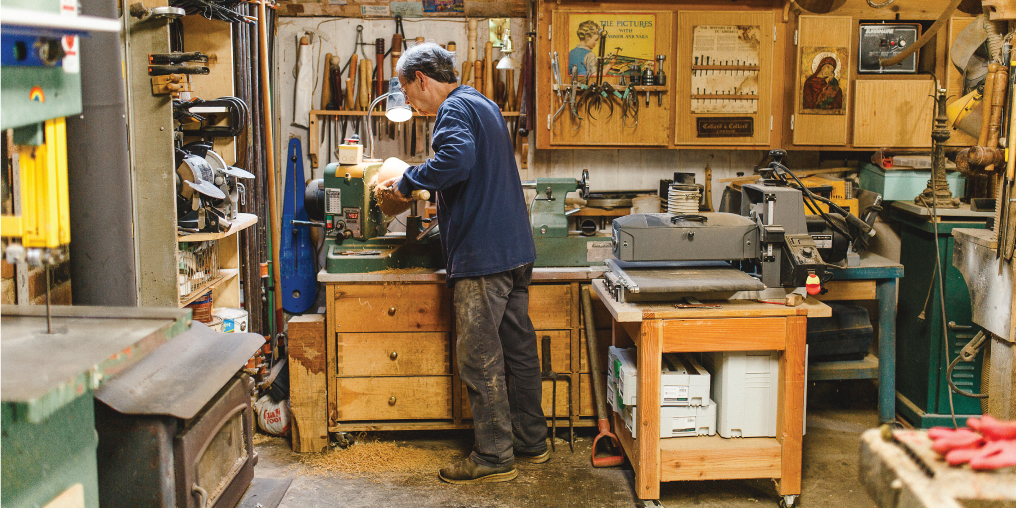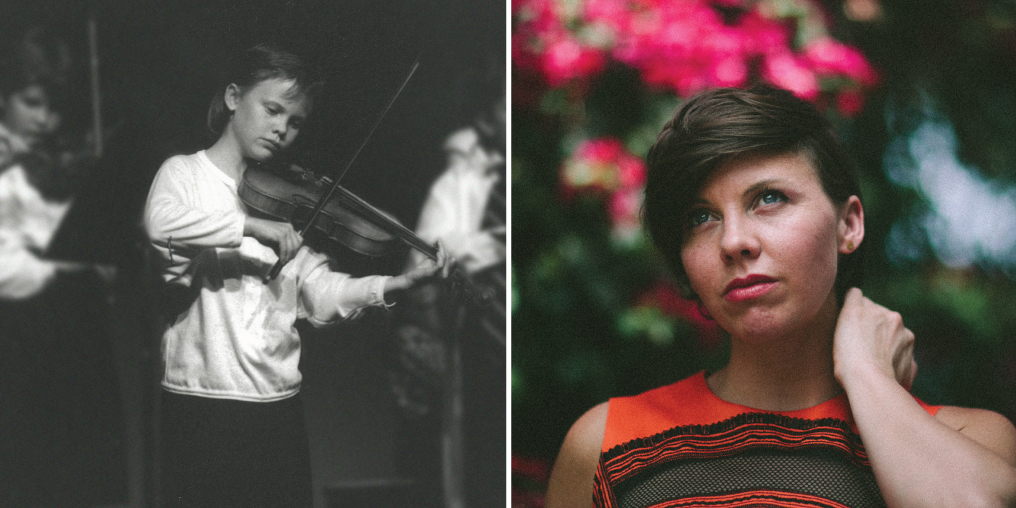At the end of a dirt road, minutes from the sea, sits an idyllic farm.
Youthful alder, fir, hemlock, and pines stand tall, running shades of green across the property. Birds chirp a lively welcome as the sun spreads across the lake, bog, wetland, and fields, slowly warming the earth.
In the evening, damselflies glimmer as they dance among the flora, avoiding the mouths of frogs scattered along the water’s edge, joined in chorus. The warning splash of the beaver’s tail lets you know the lake is now his.
As I gaze at the abundance of vegetation rooted in and around the vast property, it’s easy to imagine the approaching explosion of colour. Once the sun hits the hives, the bees start their important work, foraging to and from the apiary.
It’s as if I’ve stepped into the lines of a Mary Oliver poem.
And just like her verse, this landscape is moving and melodious.
It’s obvious why Clea Adair, the owner and head farmer at Smith Lake Farm, instantly connected to this land—all 90 acres of it.
“I fell in love with the property and the lake. The teacher in me loves helping people connect with their food and nature, and I want other kids to get the same experience mine are having,” Adair says.
The land has both inspired and required her to get innovative beyond growing food—creating new possibilities for herself, her family, and her community.
Adair’s finding new ways to expand what she makes on the farm by combining small-scale, ethical farming of bees and beef with rustic seasonal accommodation.
Over the past 13 years, the farm has withstood and benefited from change. It started with cattle and meat birds, along with small-scale fruit, nut, and veggie production for personal consumption. And then came the bees, their pastures, and their honey.
Now, the bees’ raw honey is available for purchase (but get on the list, because it sells out the day it’s ready—without advertising); the cattle graze in the field; the hens produce eggs; and the farm grows enough veggies, fruits, and nuts for the family and workers.
Over the years, members of the organization Worldwide Opportunities on Organic Farms (WWOOF) have played an integral part in working Adair’s land. WWOOFers spend their days taking care of animals, beekeeping, canning, planting, harvesting, mulching, and weeding in exchange for food and shelter. The farm has had over 80 WWOOFers in the past decade, and will welcome more this year.
And soon, there will be a way for non-WWOOFers to experience Smith Lake Farm.
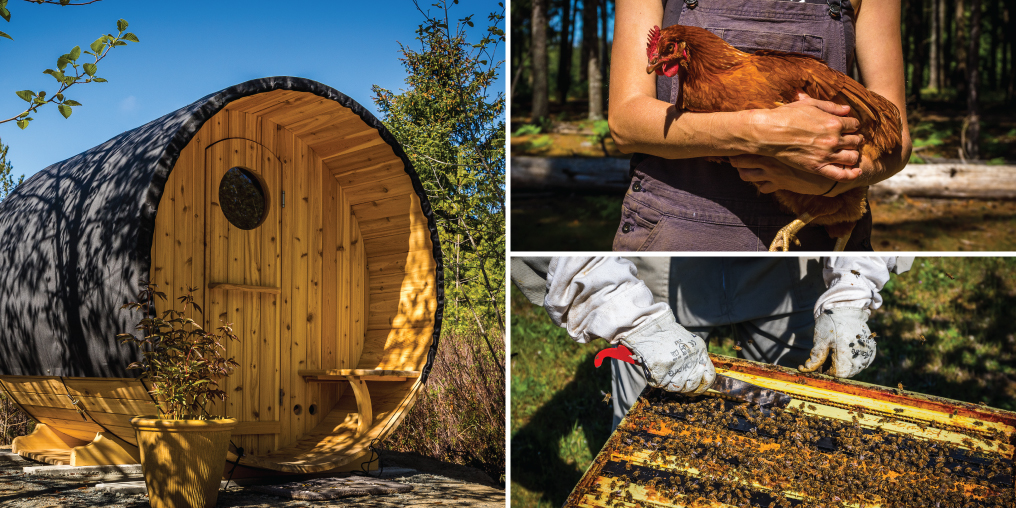
This summer, people can book themselves a front-row tent in one of four comfortable glamping sites dotted along a quiet, forested section of lakefront wilderness bog.
The move towards agritourism is intended to provide people with a place to unplug and unwind; a place to escape the hustle and bustle of urban life; a place where children can explore with wonder; a place to experience farm life; and a place to tune into the many benefits of nature. All without having to pitch your own tent!
Other than the addition of the glamping area and pre-existing buildings, the property remains largely unaltered. Adair and her farm manager, Red Seal landscape horticulturist Jamie McDonell, work hard to ensure minimal disruption of vegetation. The bog lake and surrounding wetlands play an important role in the local ecosystem, and are home to a variety of plants, animals, and wild pollinators—including specialized bog species like cloudberry (Rubus chamaemorus) and carnivorous sundew (Drosera rotundifolia).
At Smith Lake Farm, there’s a strong belief in keeping the land wild, using sustainable farming practices, and maintaining a strong connection to nature and the community.
Adair’s mom, master beekeeper Deborah Acheson, is the farm’s head apiarist and beekeeping instructor. What began as a necessity for the orchard has flourished into a buzzing business that delivers nutritious honey, nucleus hives, and educational opportunities.
Adair’s vision for the farm is to support the farm-to-table movement and provide everyone who visits with an amazing agritourism and natural experience—from WWOOFers to glampers and beekeeping students.
While it’s busy, Adair’s passion for education, people, community, and nature keeps the farm thriving.
The farm may sit at the end of a road, but its future is wide open.
To learn more, head to smithlakefarm.com or find them on Facebook and Instagram.

